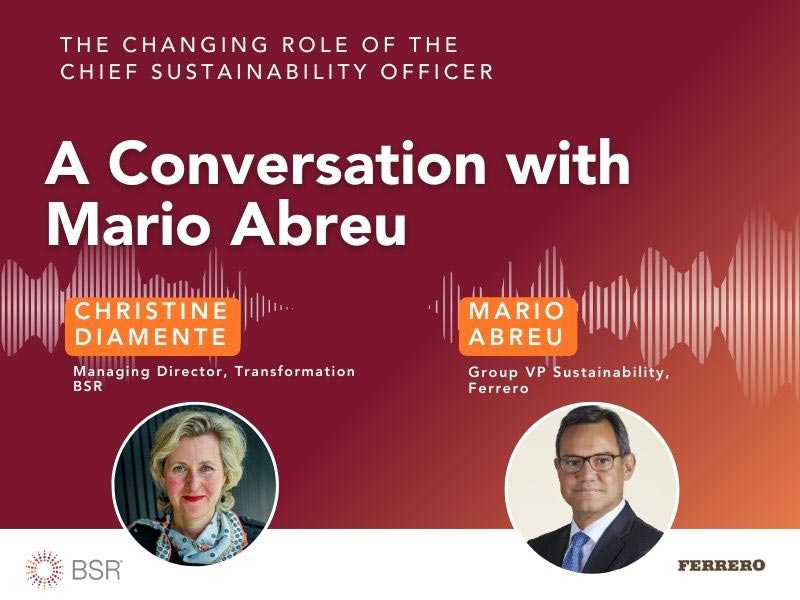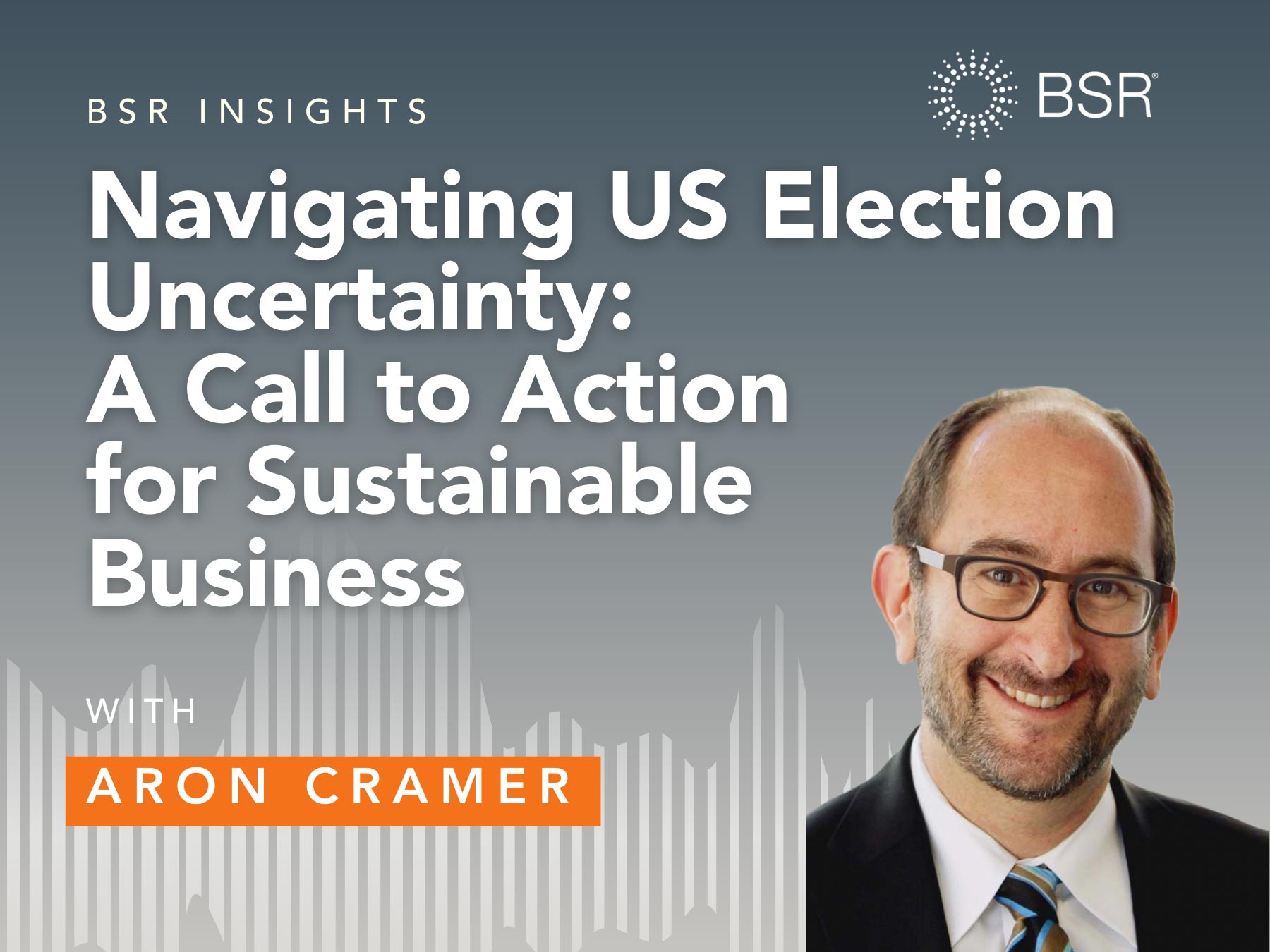
The concept of shared value came from a seminal 2011 article in Harvard Business Review, written by Michael Porter and Mark Kramer, which defined shared value as a management strategy “which involves creating economic value in a way that also creates value for society by addressing its needs and challenges.”
Many businesses embraced the concept because it allowed them to focus on growing their business. In contrast, many in the sustainability/corporate social responsibility (CSR) community criticized the concept as new clothes for an old concept—arguing that strategic CSR was already about value creation, not philanthropy.
Essentially, no matter what we call it, our field has been focused on “proving the business case” for a long time. To gain credibility and buy-in for sustainability efforts, corporate responsibility consultants and practitioners focus on how such actions drive reputation, engage employees, manage risks, create operational efficiencies, and foster innovation and access to new markets. These business drivers have led to tremendous progress on issues such as working conditions, climate change, or access to healthcare—to name only a few. We should be proud of this progress and continue to find ways to drive alignment between business and societal objectives.
Yet, as I’ve been reflecting on the current political environment in the United States, as well as the significant power and influence of large corporations and their CEOs, I can’t help but wonder if we’ve gone down the wrong path in the corporate sustainability field. Shared value sounds nice, but it essentially means self-interest. It has given permission for companies to care about society only when it provides benefits to them. Yes, businesses have to earn profits and provide a return to their investors, but has the focus on a business case for everything undermined what it means to be a good corporate citizen?
While we can make a case for long-term business drivers for any sustainability action, the truth is, sometimes it just costs more to treat your workers with dignity and to pay them a living wage, and you may not be able to prove the financial benefits. It costs more to prevent pollution, yet the direct benefits are reaped by the public, not the company. Regulation serves to address this market failure, but with weakened regulation all but guaranteed in the United States for the next few years, will the business case always exist? Beyond cost and prioritization of activities, as more “controversial” issues gain attention, employees, customers, and civil society will be looking for business to take a stance. Businesses will need to make a choice: Stakeholders will interpret the lack of a response as the same as supporting a specific side of the issue.
With a few exceptions, companies were notably quiet during the 2016 election and the first few weeks of the new administration. Many are understandably cautious and waiting to see what transpires and what issues they’ll have to prioritize. Others are looking forward to reduced corporate taxes and regulations, and don’t want to “rock the boat.” Many companies, especially in the technology sector, finally spoke out against the immigration ban.
But those examples reflect self-interest, not corporate citizenship: When something directly and materially impacts their business, companies speak up. But why does there have to be a business case to stand up for your values?
For years, I—and many others in the sustainability field—have downplayed the moral arguments. We believed that we could drive much greater progress through a focus on business benefits. I fear we’ve given license to ignore morality. We shouldn’t only protect our environment, our communities, and our workers because it creates shared value; we should do so because we have shared values.
Now is the time when those shared values are coming increasingly under threat—in our politics, in our climate, in our communities. If a corporation is an organization with the legal rights and duties of an individual, then a corporation has rights and duties toward the greater societal good, too. Corporations do not need to be amoral, agnostic entities: They should have a declared purpose and values. With many societal and environmental values under threat, companies will need to make a choice. This can be a transformational moment for the private sector to show how businesses can lead—not just because it’s in their own long-term self-interest, because it’s in the best interest of society.
BSR’s latest sustainability insights and events straight to your inbox.
Topics
Let’s talk about how BSR can help you to transform your business and achieve your sustainability goals.








